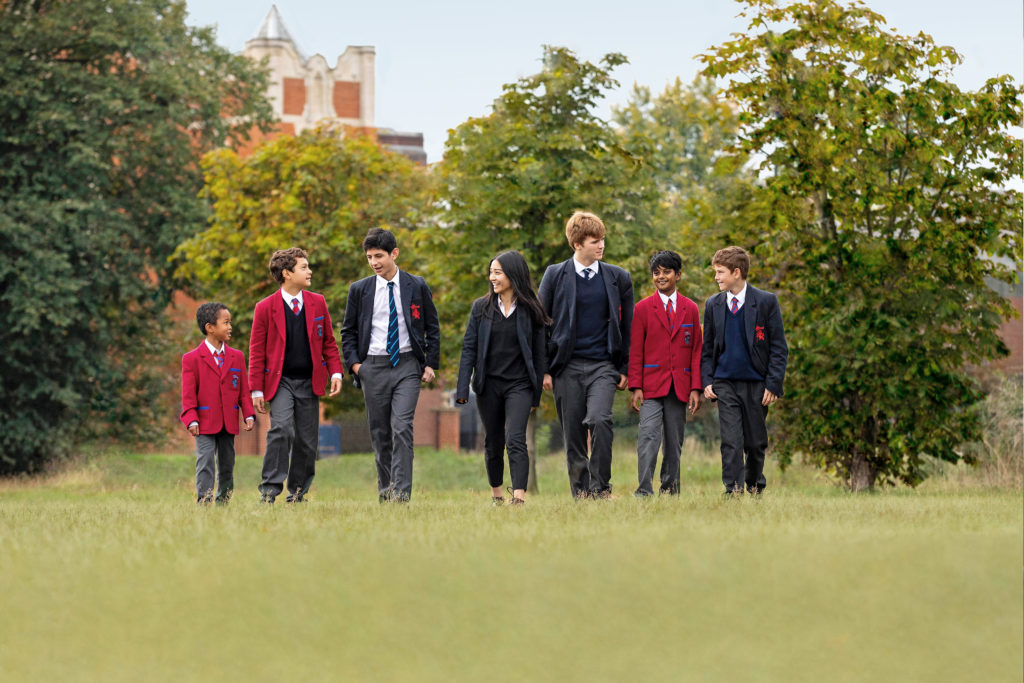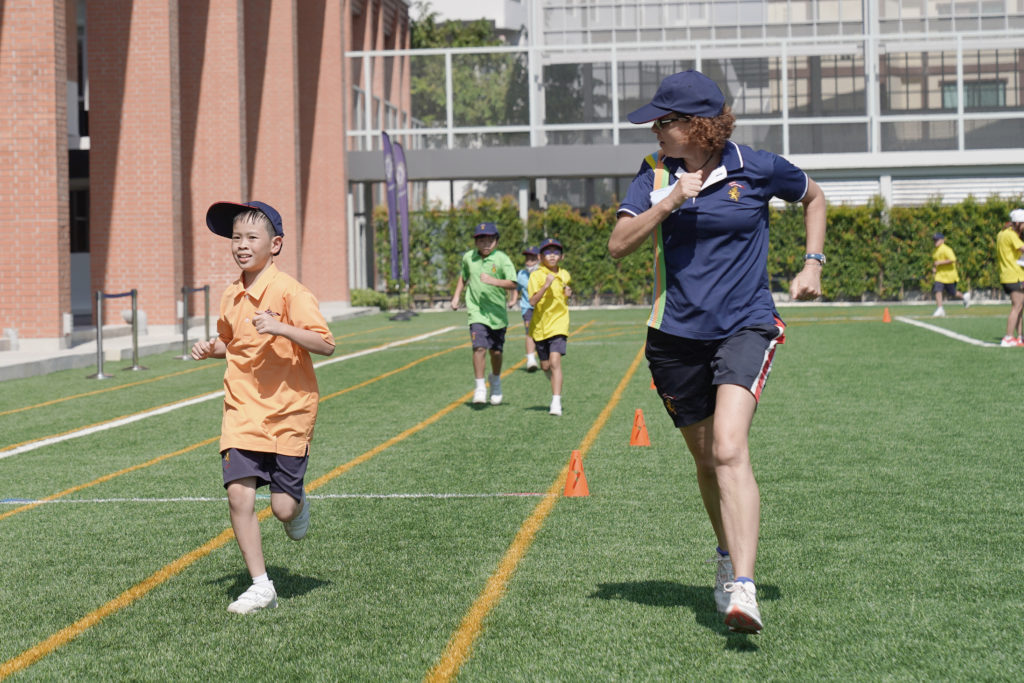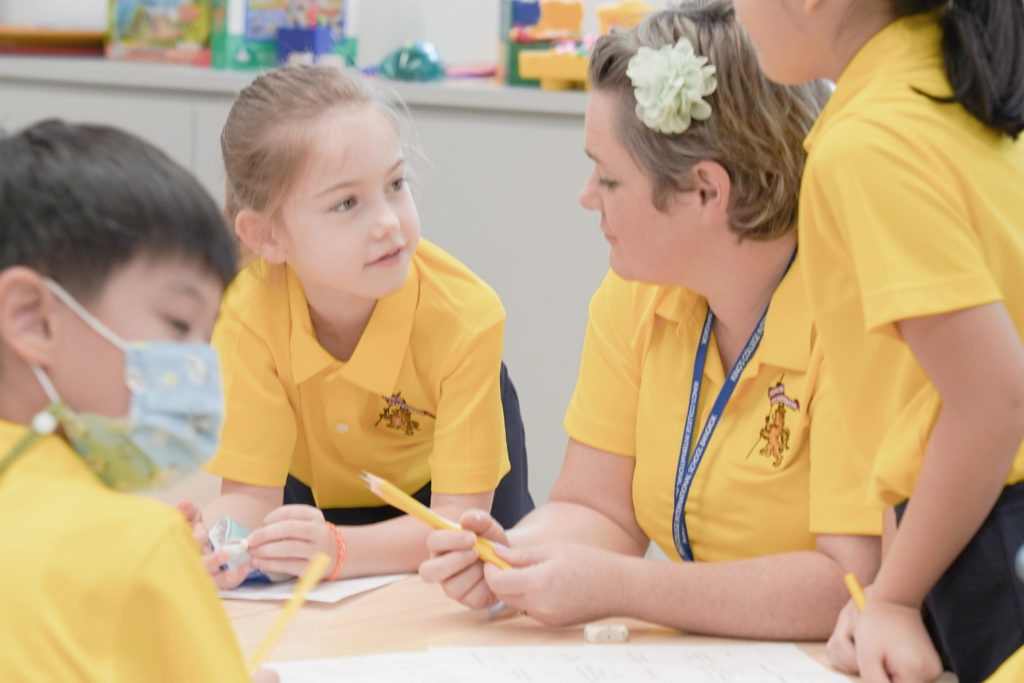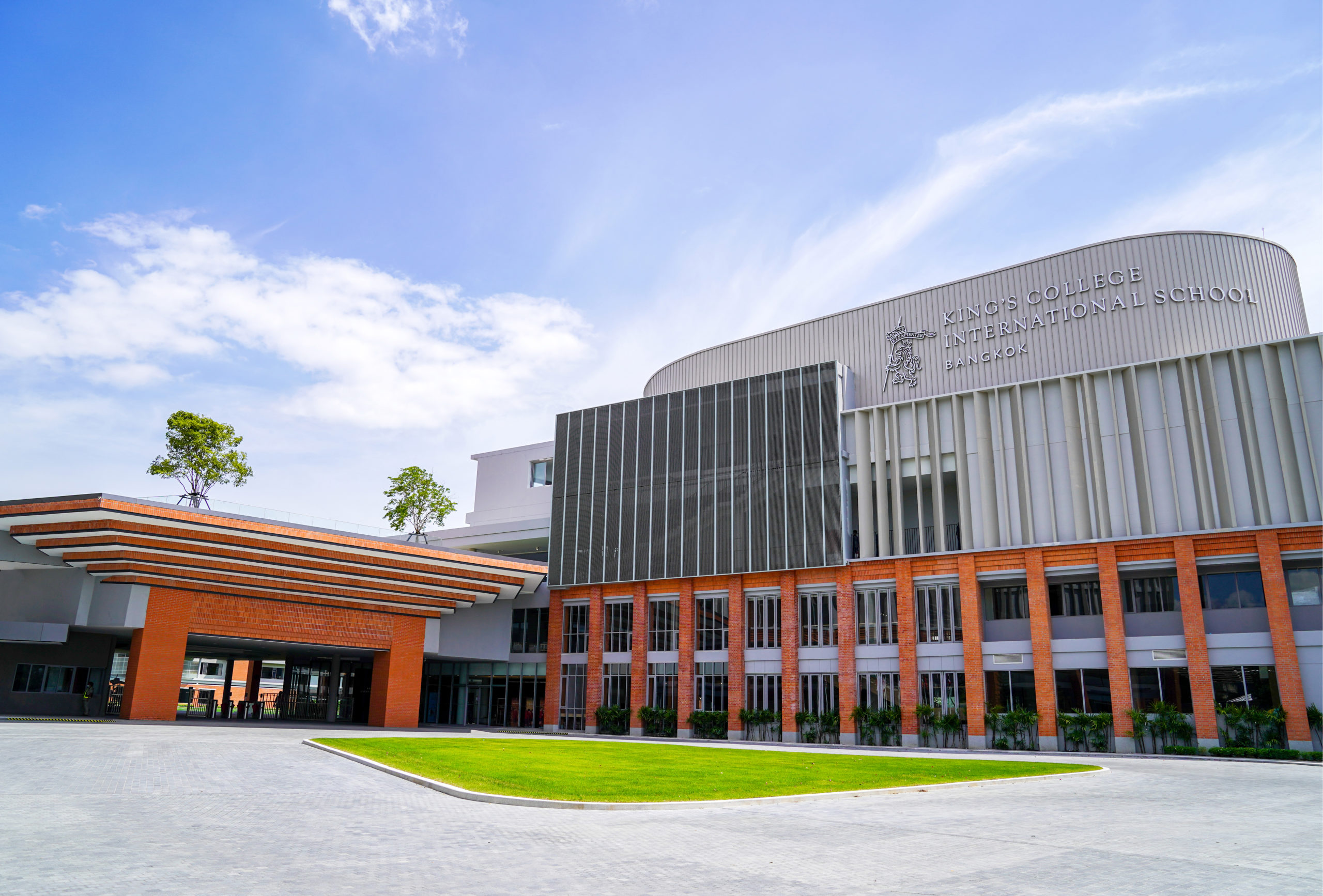Helen Searle, Head of Pre-prep at King’s College International School Bangkok, details her thoughts below on this important question:
Why Primary Education is So Important to Student’s Long Term Success
Over the years, so many people have said to me that the senior school years are the most important years of a child’s schooling because this is when exams take place, and the results achieved in exams determine what university a student will go to and what career they will eventually pursue. The second part of this is true: exams are vitally important for a student’s future, but a student’s success in exams doesn’t start in the senior school. The education they receive before they reach senior school is as important as the education they receive in senior school. Education is also much more than just exam results and this has never been more evident than in the 21st century.

The Institute of Education in London found that attending a good pre-school and primary school has a greater impact on a child’s academic progress than their gender or family background. Why is this? A good early years and primary education sets students up with the skills they need in order to achieve their full potential in the senior school. It is not about ‘spoon feeding’ a student through their exams — which can really only be done up to GCSE level — but it’s about building so much more than this. It’s about the skills students need to be successful and happy in their life and to do the best that they possibly can. The World Economic Forum (WEF) lists the following skills as essential for full participation in the global economy in 2020:

- complex problem-solving
- critical thinking
- creativity
- people management
- coordinating with others
- emotional intelligence
- judgement and decision making
- service-orientation
- negotiation
- cognitive flexibility
None of these are related to academic facts students have to learn to pass exams; and, it is too late to start teaching these skills at senior level. Students start with a play based education in early years when a child’s brain is still very malleable, and this approach is developed as a student progresses through the school. If a child goes through primary school being rote taught and not being encouraged to learn from mistakes and think outside the box, they will never develop these essential skills. This dramatically affects their ability to be successful later in life, particularly in a rapidly changing world, where they may have to adapt to several careers in a lifetime. Many employers want people who see connections, have bright ideas, are innovative, communicate and work well with others, and are able to solve problems.

Interestingly, the educationalist Sir Ken Robinson did some research on divergent thinking (divergent thinking is the ability to interpret a question in many different ways and the ability to see many different answers to a question). He discovered that, as we get older, our ability to think divergently deteriorates. He did some research on the different ways to use a paperclip! Most people can come up with 10 to 15 ideas, whereas someone who is really good at divergent thinking can come up with about 200 different ways. ‘A longitudinal study of kindergarten children measured 98% of them at genius level in divergent thinking. Five years later, when they were aged 8 to 10 years old, those at genius level had dropped to 50%. After another five years, the number of divergent thinking geniuses had fallen further still.’ (Journal of the Royal Society of Medicine 2011 Oct; 104(10): 391.) At King’s Bangkok we want to develop this skill, not allow it to diminish.
A good early years and primary education sets the foundation for children to become successful learners, confident individuals and responsible citizens. As Albert Einstein said, “Education is what remains after one has forgotten everything they learnt in school.”













